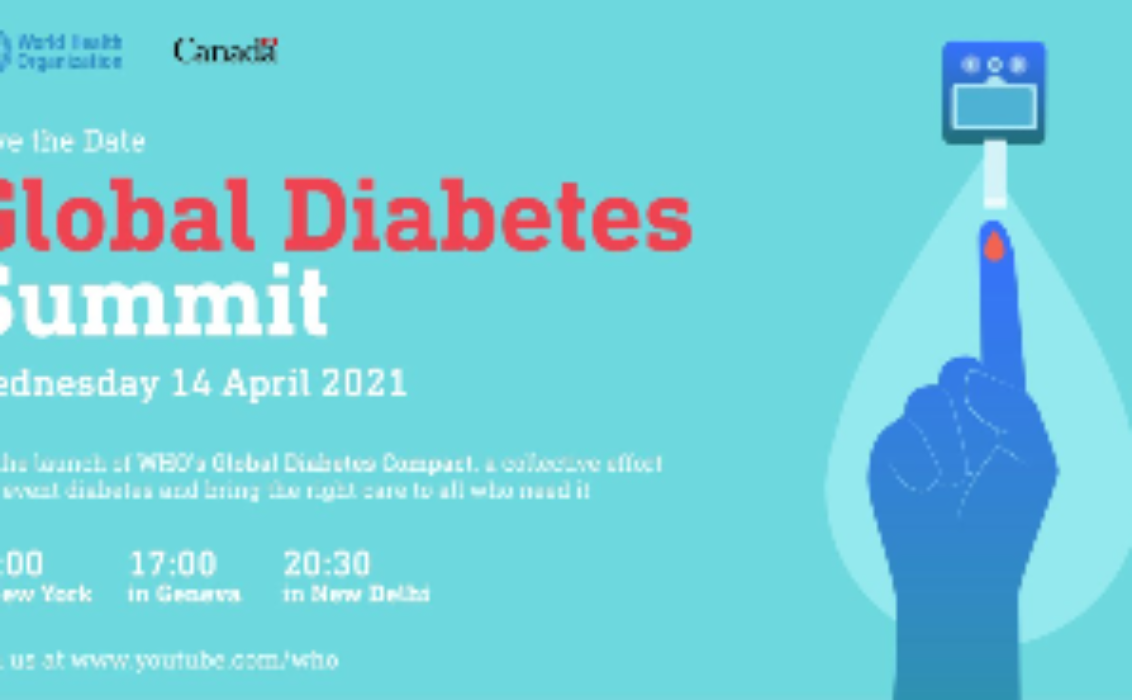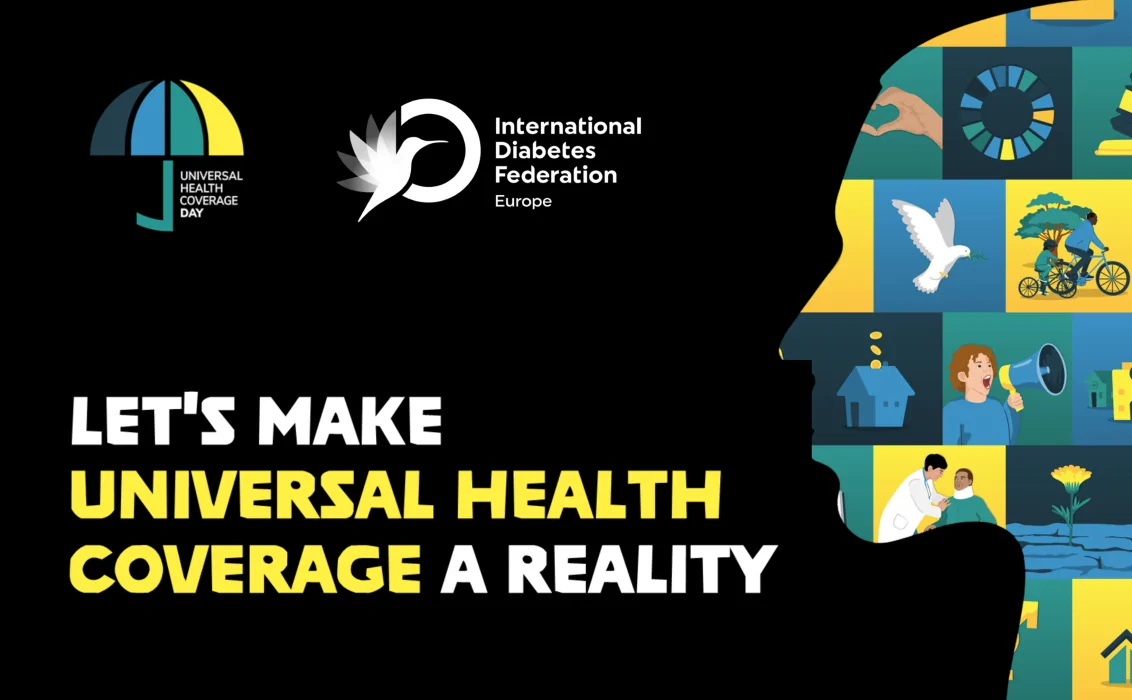On Wednesday, April 14th the World Health Organisation, in conjunction with the Canadian Government and the University of Toronto, launched an ambitious initiative to address the global diabetes burden. This effort has been spurred on by the centennial anniversary of the discovery of insulin and a global health crisis that has wreaked havoc on health systems worldwide.
100 years ago, Sir Frederick Banting, Charles Best, and their colleagues at the University of Toronto discovered how to isolate and refine insulin. One year later, 14-year-old Leonard Thompson became the first person to successfully receive an insulin injection to bring his blood glucose levels into near-optimal range. They later sold their patents on insulin to the University of Toronto for $1 each so that all people living with diabetes could avail of the life-saving treatment. However, 100 years later issues regarding access to affordable diabetes care still persist, particularly in low- and middle-income countries.
For this reason, the WHO launched the Global Diabetes Compact on April 14th, 2021. The event received support from leaders around the world. As one of the objectives of The Compact is to empower people living with diabetes to be decision-makers in their care, many diabetes advocates and young leaders were given the opportunity to speak at the event. The initiative promises an ‘all hands on deck’ approach that will involve all stakeholders to achieve its aims of improving access to care and reducing the risk of diabetes. There are eight main components of the Compact itself:
-
Collaboratively unite stakeholders, including people living with diabetes, around a common agenda
-
Integrate diabetes prevention and management in primary health care and universal health coverage
-
Close research and normative gaps while spurring innovation
-
Improve access to diabetes diagnostics, medicines, and health products – particularly insulin – in low-income and middle-income countries
-
Develop global coverage targets, accompanied by a global price tag that quantifies the costs and benefits of closing the gap between people who can access diabetes services and those who cannot
-
Improve diabetes care for people in humanitarian emergencies
-
Improve health literacy and understanding of diabetes prevention and management
-
Build back better, learning from experiences of the COVID-19 pandemic
For more information about the Compact, download this resource developed by the WHO which outlines tangible targets, next steps, ‘10 reasons to focus on diabetes’ along with the objectives, which are to:
-
Protect – Reduce major diabetes risk factors through population-based policy and fiscal measures.
-
Detect – Include diagnosis and treatment of diabetes as part of primary health services and Universal Health Coverage benefit packages.
-
Treat – Scale-up access to essential diabetes medicines, including insulin and associated devices.
-
Recover – Protect people living with diabetes from COVID-19 and build back better.
This article by The Lancet is also a helpful resource to learn more about the Compact.
The Global Diabetes Compact is currently in the beginning stage of development and IDF Europe is excited to see the benefits it will ultimately bring to people living with diabetes around the world.



